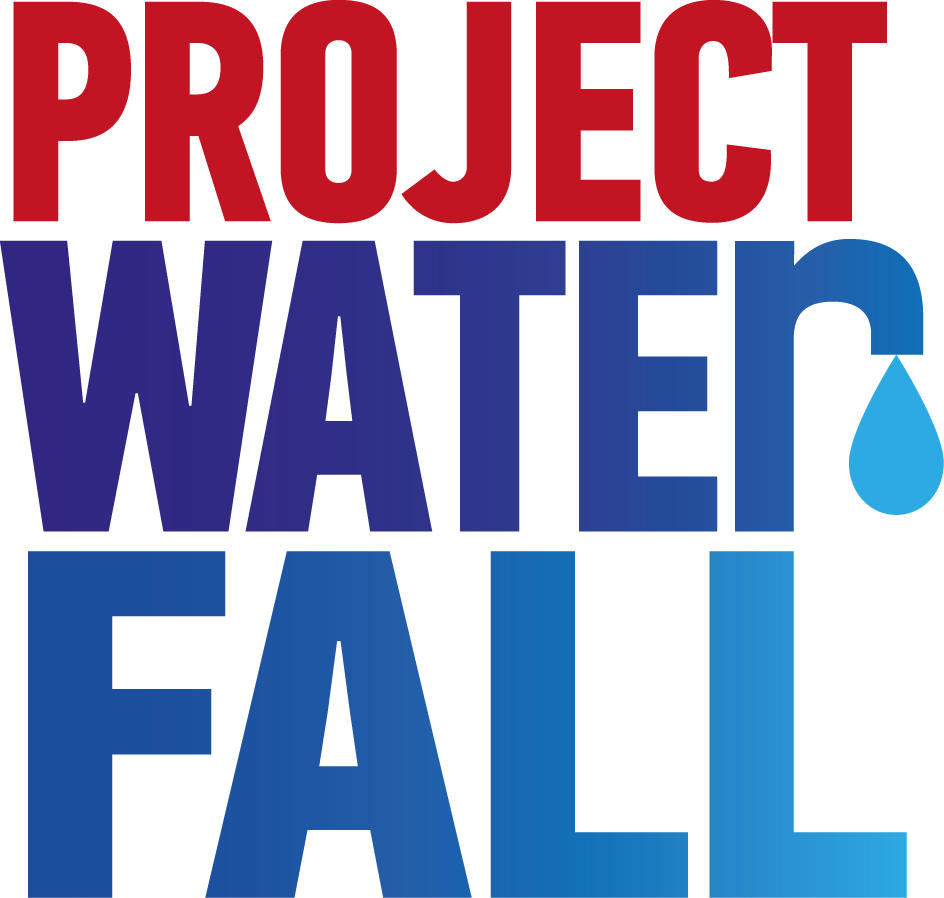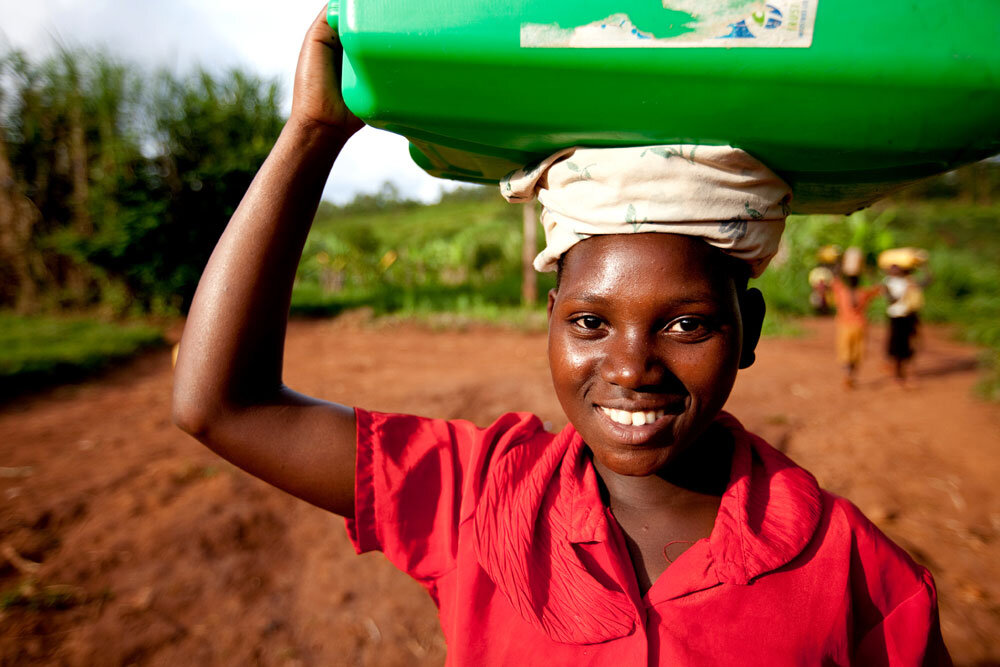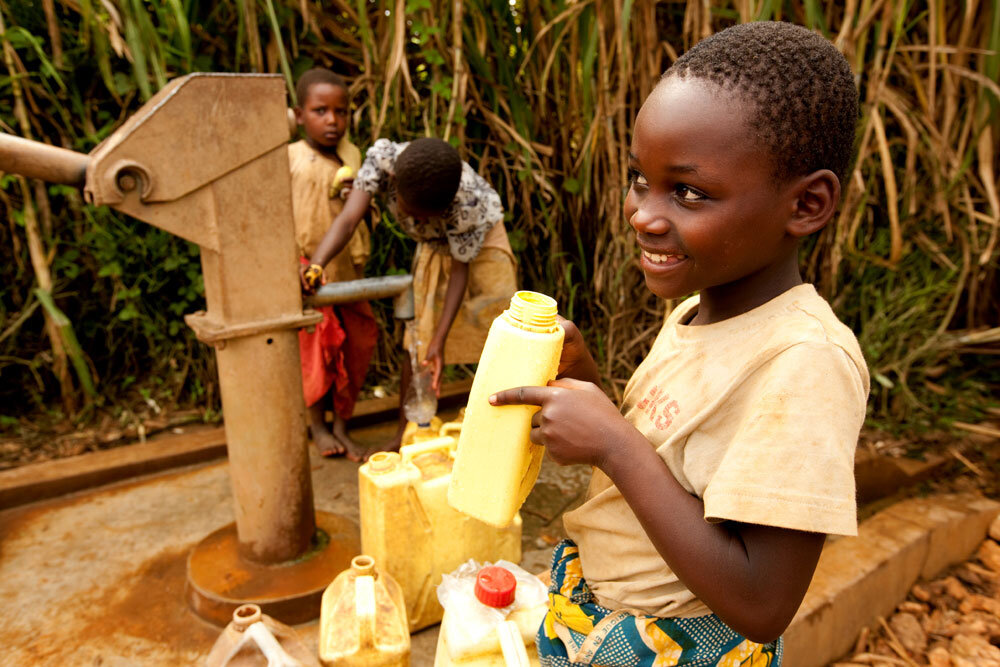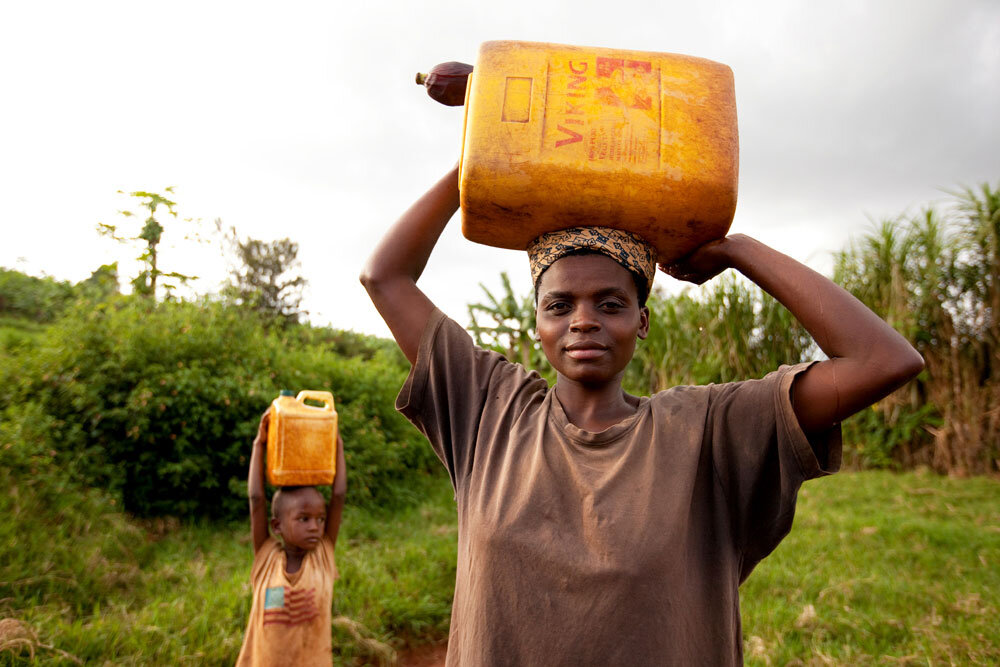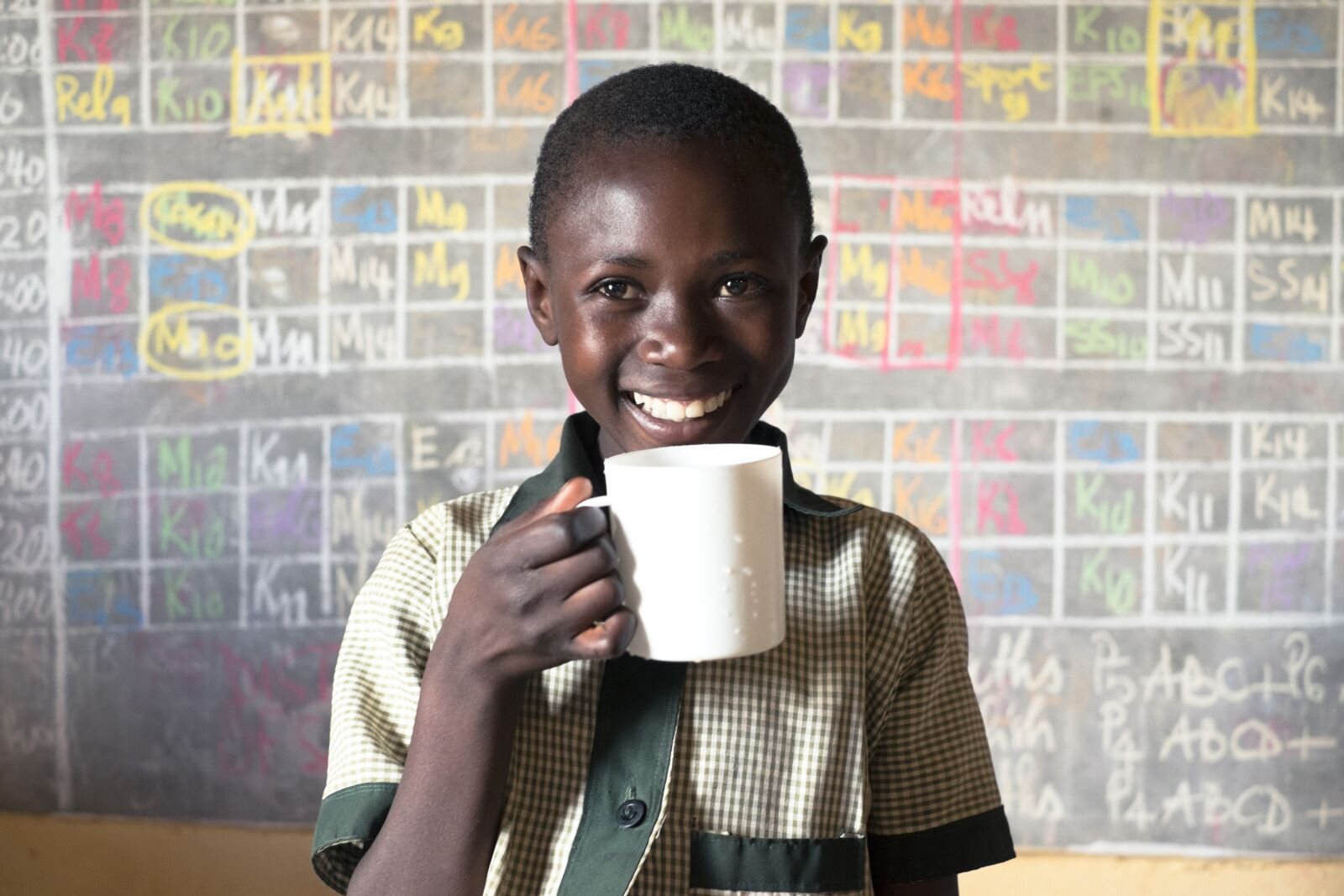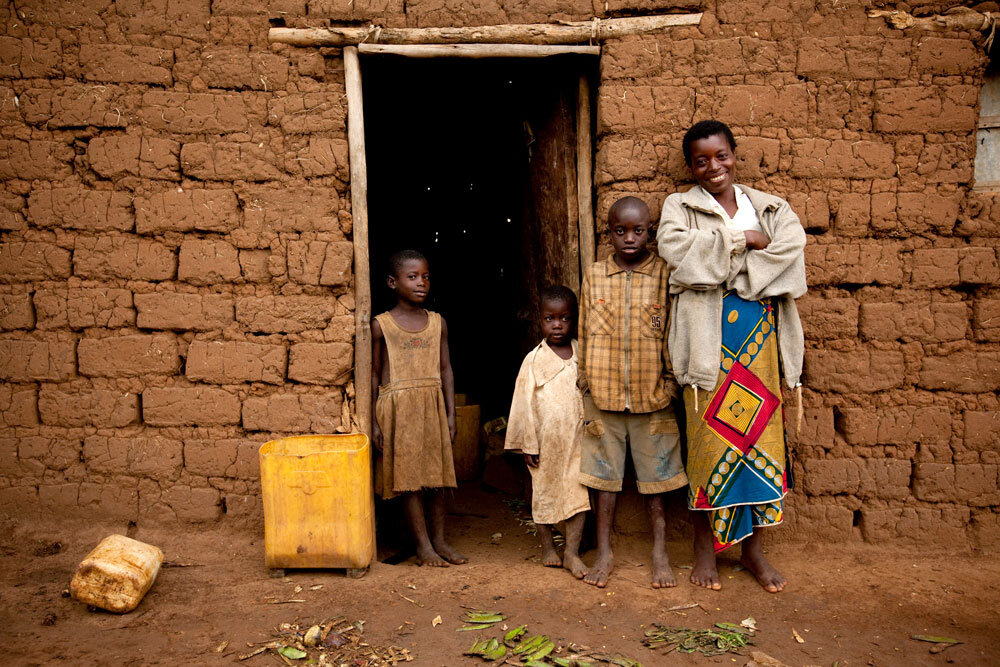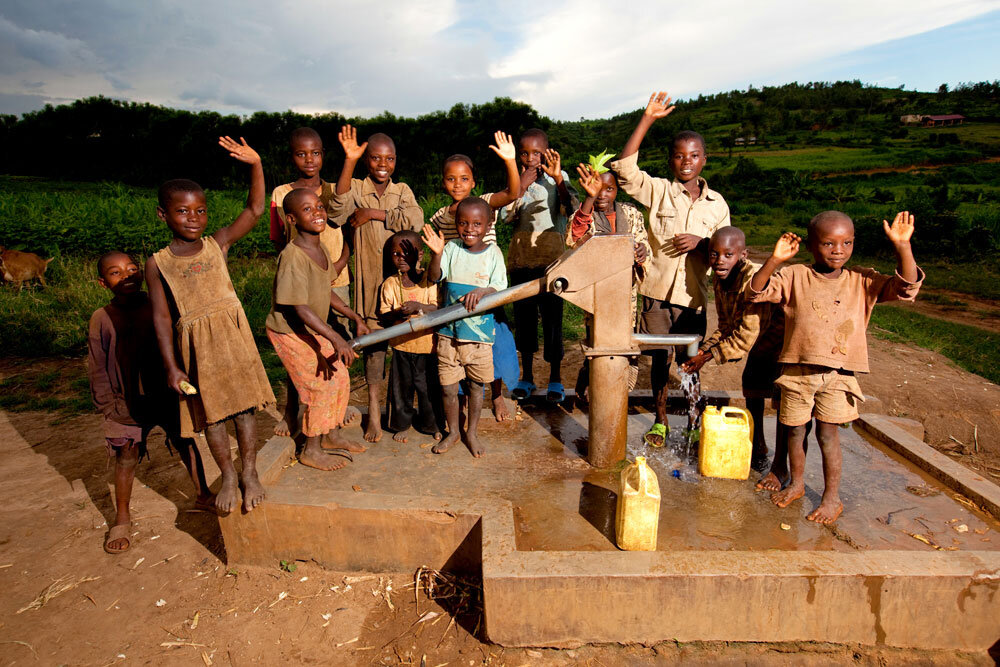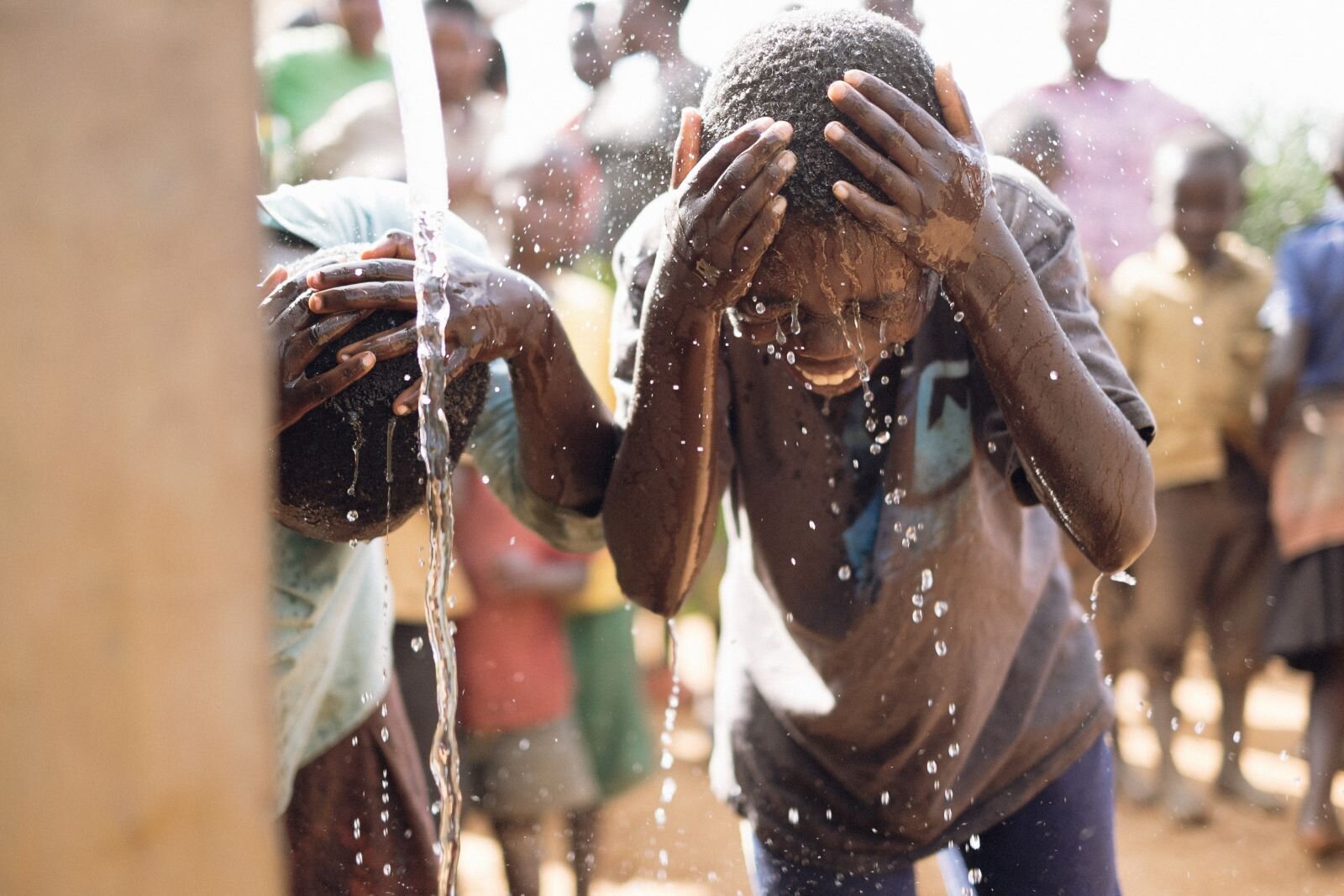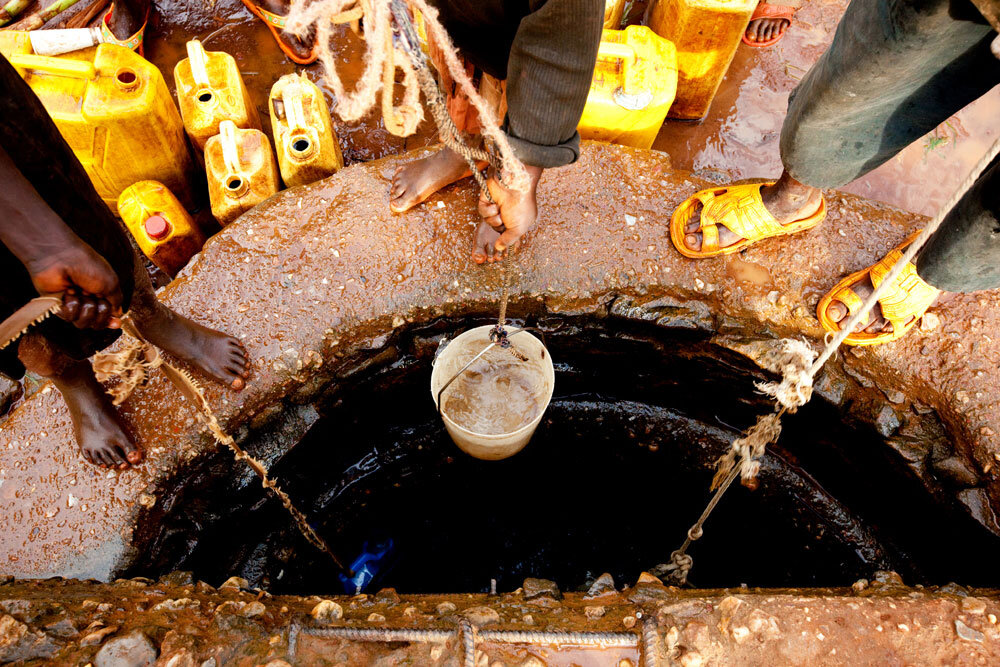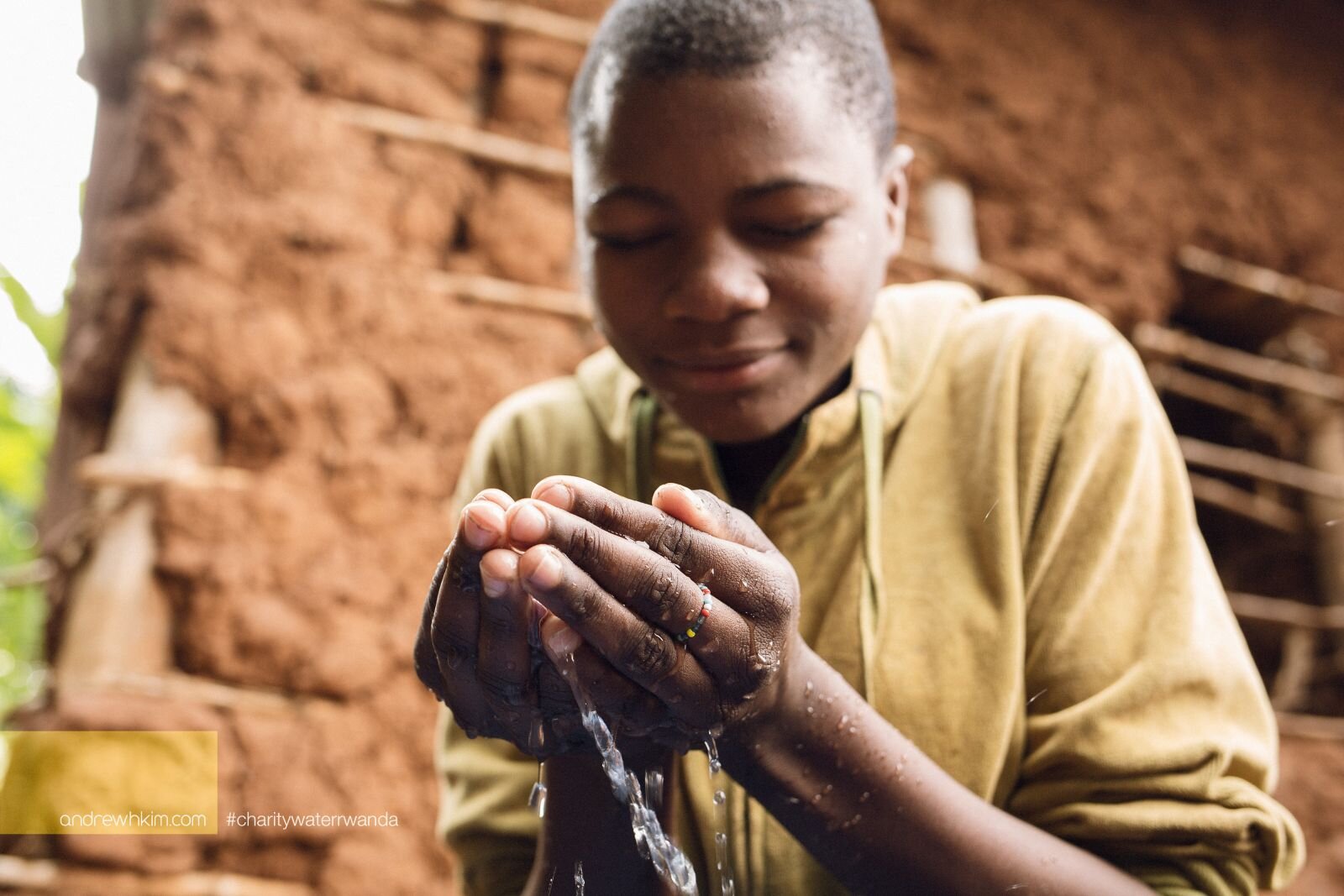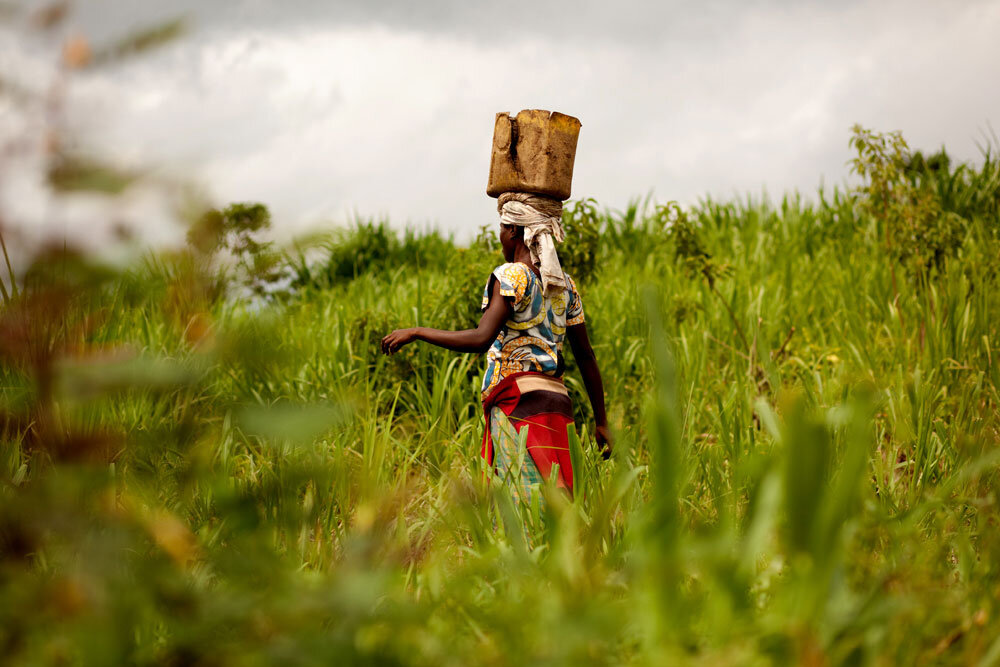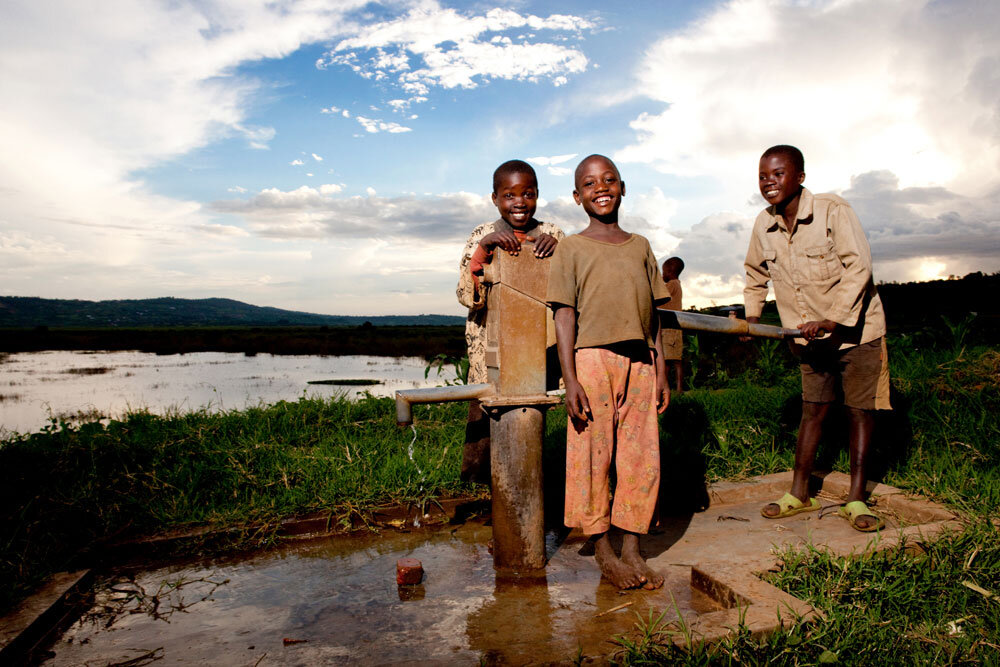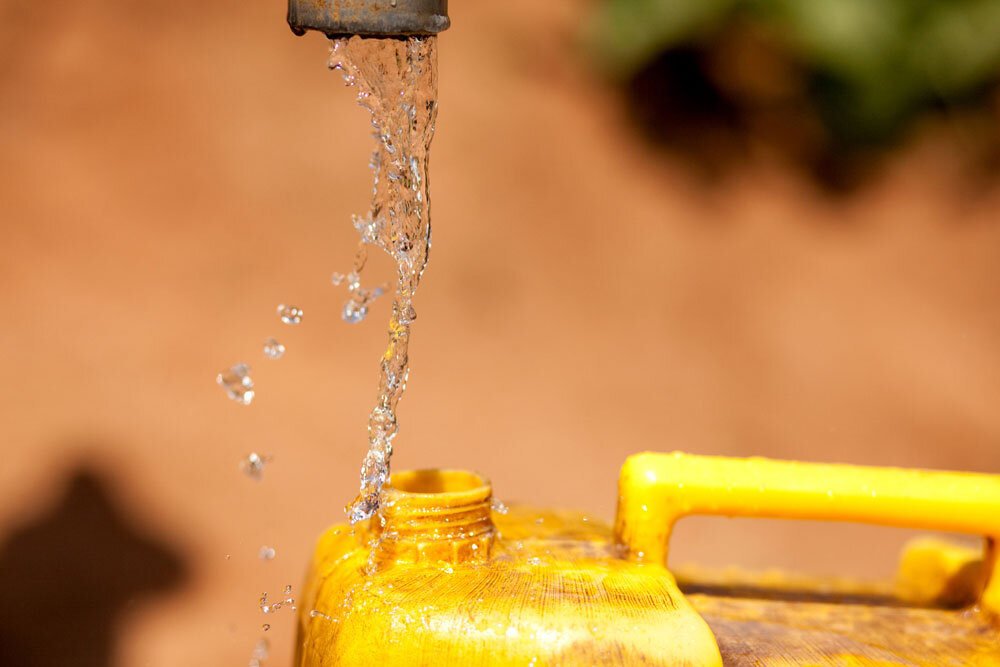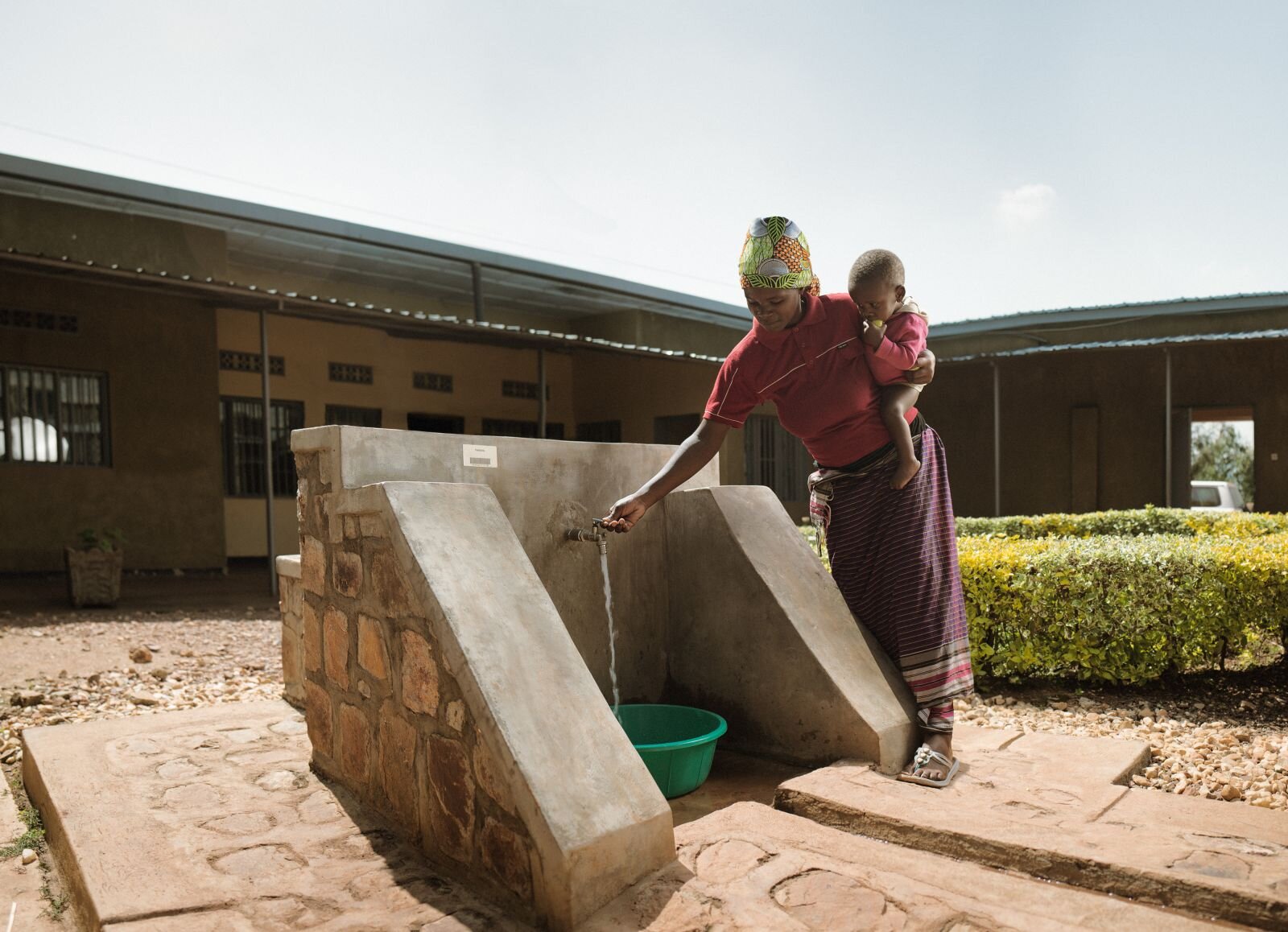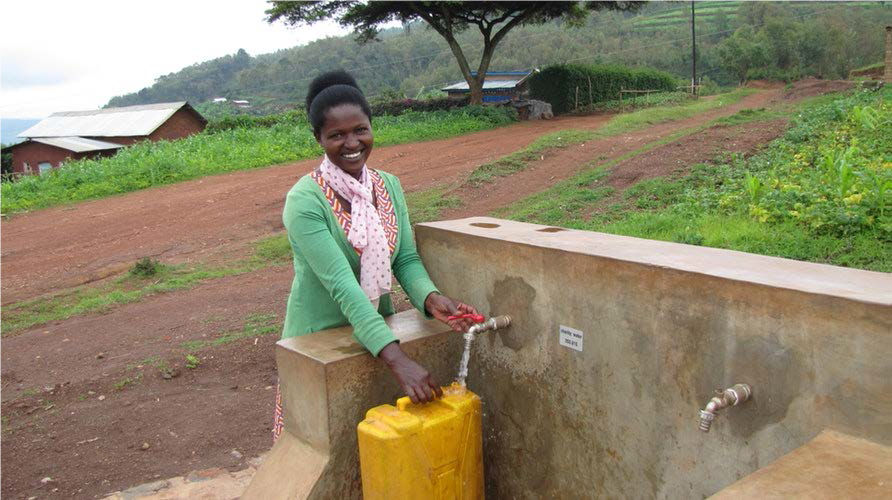Project Overview
Rwanda is still on the road to recovery following the catastrophic 1994 genocide, which took over 800,000 lives. A new government and a growing economy have begun to stabilise the country, but water related diseases still remains a leading cause of death.
By partnering with charity: water, Project Waterfall aims to bring real progress to the people from coffee growing communities across the country.
Between 2014 and 2021, we have funded six different projects throughout the Rulindo & Gucumbi districts of Rwanda, donating £171,107.78, changing the lives of 7,210 people.
Project Stats
Start date: September 2014
Status: 3 projects completed, 3 projects in progress
Community: Rulindo & Gucumbi districts, Rwanda
People reached: 7,210
Delivery Partner: charity: water
about rwanda
11,609,666 population
51% lack access to clean water
36% lack access to sanitation
44.9% live below the poverty line
Over six years, this project changed the lives of 7,210 people by bringing clean water to over 10 communities across 2 districts.
WOMEN & CHILDREN
Women and girls used to walk at least two hours each day to collect water for their families. This water was often unsafe to drink and made people sick. Water collection time has now decreased by 81%, giving women and girls more time to work or go to school. This allows them to access the same opportunities as men, and dramatically broadens their horizons. As well as this, it decreases the dangers that faced women on these long walks such as rape and animals attacks.
Clean water
For many of the people we serve, water is the first step out of extreme poverty. Access to clean, safe drinking water can be a catalyst for improving health, balancing gender equality, increasing access to education and powering economic growth. People spend less time sick due to waterborne diseases, they can spend more time at school or at work, and can contribute to their economy and their futures. Access to clean water is the gateway to a better life.
community empowerment
Each family who uses the water point contributed to its construction and helped to build structures surrounding the water sources to ensure they were protected from contamination. Additionally, the families continue to pay a small fee that goes towards necessary maintenance and infrastructural repairs. This provides the communities with a sense of ownership of the water. Community participation is especially important in these communities, as community members often donate their own land toward building water infrastructure.
HOW WE DID THIS
Over a period of 6 years, our partner charity: water has worked on numerous projects across 2 districts of Rwanda, bringing clean water and sanitation to the communities there. Project Waterfall funded 6 of these projects, changing the lives of 7,210 people.
We funded the construction of 10 piped system tap stands. These utilise the hilly, mountainous terrain of Rulindo. Piped systems are an appropriate solution for large communities because the pipe network leads to a number of individual tap stands which can provide water to multiple households and communities.
Our local implementing partners Water For People developed locally appropriate solutions to access water. Piped systems include motorised and gravity-fed systems that pipe water from mountain springs and other sources to tap stands in communities and schools.
The hilly, mountainous terrain of Gicumbi is a perfect fit for piped systems, which depend on energy to distribute water to communities, schools, clinics, or households. In order to move water from one point to another, energy is required—and in a piped water system, gravity often acts as that source of energy. Water is piped through a supply line to a storage tank either by gravity or a mechanised pump. From the storage tank, the water flows into a network of pipes to tap stands. The various elevations of piped system components are key to ensuring that the water will flow successfully. These systems can significantly reduce the amount of time spent collecting water, as water is piped directly into communities.
Water For People obtained permits, worked with community leaders to form Water Committees and purchased hardware materials like cement, PVC piping and hand pumps. They involved ordinary men and women in the construction process.
New toilet cabins were built in schools, providing improved sanitation, hygiene and privacy to the students using them.
Sustainability and education
Our local partners trained community health workers and local leaders to disseminate positive hygiene and household sanitation messages to their respective community members. Each family using the new water point contributed toward their project's construction — a small fee, but one that helps instil a sense of personal ownership for the project. Each family will continue to pay a small amount to use the water. The community will save this money for any necessary maintenance and repairs.
Water For People have also trained community health clubs on safe hygiene and sanitation practices. These trainings cover topics such as hand-washing practices as well as habitual latrine usage to eliminate open defecation. Health clubs are responsible for disseminating positive health and hygiene messages among households within their communities in order to fully adopt effective behaviour change.
Water For People and their partner ORSD train community Water User Committees (WUCs) on water management and payment for water service delivery at their water points, including obtaining small payments (about 0.03 USD per 20 liters of water) to provide for the long-term sustainability and maintenance of the water system. Each piped system is operated by a private operator, and has an overarching system committee, as well as individual water committees for each tap stand, both made up of community members who report any issues in water service to the District Water Board. Collectively, these measures support the overall health of the community and keep clean water flowing for years to come!
At the local government level, the District Water Board, which is a local government entity, is responsible for overseeing the management of all water systems in Rulindo District. While Water User Committees are trained on the management of specific tap stands at the community level, the district employs private operators who are responsible for larger system repairs. The District Water Board is mobilising a multi-year strategic plan to strengthen this crucial management role in order to maintain functionality across these water points.
As far as long-term strategy goes, Water for People has established a Water Resource Management Plan as a part of our sustainability efforts to ensure that local entities are planning, developing, distributing, and managing the optimum use of the water resources in the Rulindo District.
the future
In line with the Sustainable Development Goals that Rwanda committed to achieving by 2030, the national government approved new water and sanitation policies with hopes of reaching 100% coverage for all people by 2024. That’s why we’ve been working alongside our local partner in Rwanda, Water For People, and the Rwandan government (which contributes a 45% match in funds toward new water projects) to bring clean water to every single community, school and health clinic within the Rulindo District.
What’s more, after seeing the successes of the model in Rulindo, the national government is actively replicating the complete coverage strategy in three other districts, including Gicumbi, where charity: water has already commenced working in 2018.
Here is a story to demonstrate the power of clean water on the future:
Emmanuel, a sixth-grader, raises a bucket filled with opaque brown liquid out of an open rectangular hole in the ground. This is the water they used to clean classrooms and latrines. It’s also the water they sometimes drank. “This water is bad,” Emmanuel says. “It can give you diseases.” Emmanuel’s school finally has a tap stand, and all the students want to demonstrate how to use it. Emmanuel and his classmates are doing their part to help the future of their community. If they focus on their studies and stay healthy, they could become journalists and doctors. Some of them could become Rwanda’s next leaders who can ensure that future generations don’t ever have to experience life with dirty water.
Stories such as Emmanuel’s show how bringing clean water to a household, a community or a school, will have knock on effects for generations to come. The futures of the children suddenly become so much brighter, allowing them to dream about their careers and the lives they would like to lead.
We continue to have a partnership with charity: water, and look forward to future collaborations.
